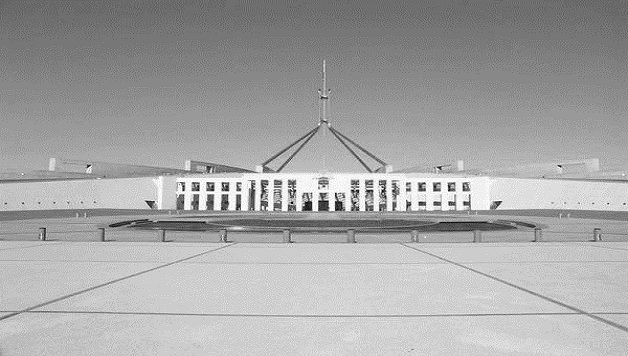It’s just a mere forty three words in a fifty page Coalition platform paper for Government. However, within this small paragraph lie huge regulatory, economic and political implications likely to reignite fierce debate.
The Abbott Coalition has resurfaced a proposal to extend the protection of unfair contract term provisions to small business. In its January 2013 paper entitled “Our Plan“, the Coalition party states that this change would ensure “that big and small businesses get a ‘fair-go’ and do the right thing by each other in their respective marketplaces, delivering real and lasting benefits to consumers”.
The unfair terms regime contained in the Australian Consumer Law within the Competition and Consumer Act and the Australian Securities and Investment Commission Act, prevents enforcement of terms that are found to be ‘unfair’ in standard form consumer contracts across all industries including telecommunications, financial services, utilities, e-commerce, travel, property and professional services. An unfair term is defined as being one that causes a significant imbalance in the parties’ rights and obligations under the contract and is not reasonably necessary to protect the legitimate interests of the party advantaged by it. Currently, the regime applies only to consumer contracts.
For those of you experiencing a sense of deja vu, cast your mind back all of those years ago when such a proposal was first made, hotly debated and rejected – all of four years ago.
In 2008/2009, in a rare (but fleeting) moment of cross-party support, both the Labor and Coalition parties seemed to endorse not only the idea of introducing an unfair terms regime with the aim of protecting Australian consumers, but also of protection being provided to small business. However the Labor government withdrew from its initial display of support when passing the law in 2010.
The Labor Government’s change of heart was of no surprise given some vocal and strong opposition to the proposal. In response to an invitation to interested parties to comment on the a proposed framework, Treasury received a total of 96 submissions, predominantly from big business, with an overwhelming number flagging concerns with the proposed regime but in particular, opposing any protection for small business. Amongst the reasons for this was the removal of certainty of contract (as a party to a commercial bargain could later try to get out it by alleging that the terms are unfair, increasing risk and ultimately prices), small business having a greater capacity to understand and manage risk than a consumer and the absence of evidence of a real need or policy justification to protect small business in this way.
So what has changed? Many would say nothing at all. There is certainly nothing said in the Coalition’s paper to justify the proposed extension. The Coalition will need to articulate a clear and well supported case for its proposed legislative change. In particular, they will need to overcome the significant challenge of how to identify and define which small businesses are to be protected – would it be by virtue of goods or services the subject of a contract falling within a prescribed monetary threshold? Would this apply to the value of the contract as a whole or smaller transactions under the contract? Should it be determined by way of a businesses’ annual turnover? Or how about according to a subjective test concerning the use to which goods will be put? If the plan does come to fruition, it would be a world first as no other major unfair terms regime existing in any other country, including Japan, the UK and South Africa, is drafted to extend protection to business customers. Indeed, if the Coalition party does succeed at the next election, changing these laws would be no small feat.
However the Coalition is not the only one with grand plans in the pipeline for Australia’s unfair terms regime. Only last month the Gillard Government announced that it would extend the regime to apply to general insurance contracts, with new legislation to be introduced later this year.
It seems that regardless of who wins this year’s election, changes to the unfair terms regime will be squarely on the agenda.








